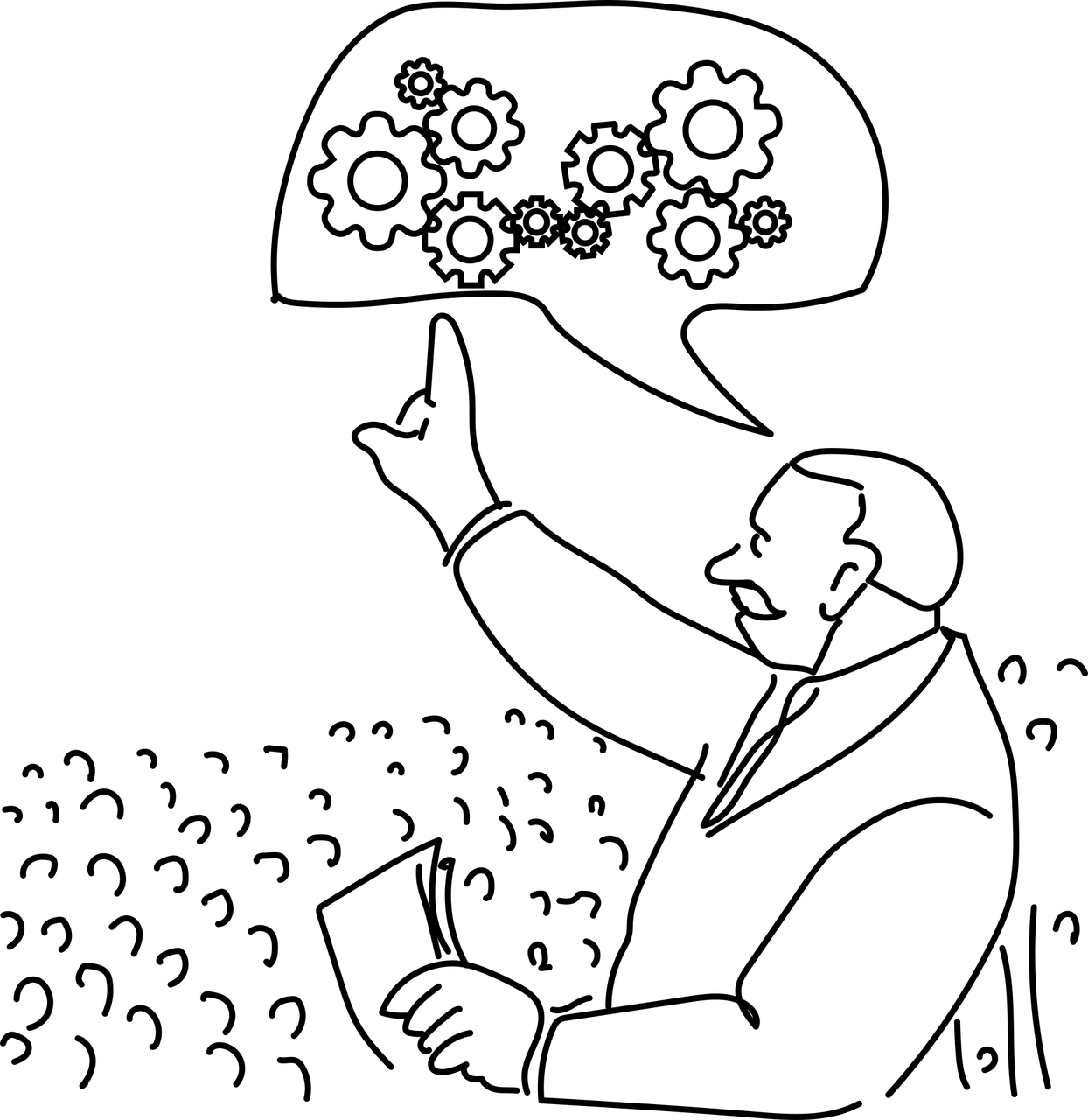The Role Of Government In The Economy: Fiscal Policy
In this article, you will explore the important role that government plays in the economy through fiscal policy and the management of money supply. Understanding the impact of government actions on the economy is crucial for individuals and businesses alike. By delving into the intricate relationship between the government and the economy, we can gain valuable insights into how policies are formulated and their effects on overall economic stability and growth. Join us as we navigate through the complexities of fiscal policy and money supply, uncovering the ways in which government intervention shapes the economic landscape.

2. Fiscal Policy
Fiscal policy refers to the decisions made by governments regarding taxation and expenditure to influence the overall economic conditions of a country. It serves as a powerful tool for governments to direct and manage economic activities, ensuring stability and growth in the economy. Fiscal policy is vital in shaping the economic landscape and plays a critical role in achieving sustainable development and improving the standard of living for citizens.
Meaning and importance
Fiscal policy involves the determination of government revenues, through taxation and other sources, as well as government expenditure, which includes various categories of spending. By making strategic decisions in these areas, policymakers can stimulate economic growth, control inflation, and address economic downturns. The importance of fiscal policy lies in its ability to shape the overall economic environment, maintain fiscal discipline, and promote social welfare through targeted spending initiatives.
Objectives of fiscal policy
The primary objectives of fiscal policy are multi-fold. Firstly, it aims to achieve macroeconomic stability by controlling inflation and promoting sustainable economic growth. Secondly, it seeks to ensure equitable distribution of income and wealth by implementing progressive tax policies and targeted government spending. Additionally, fiscal policy endeavors to address external imbalances, reduce poverty, and support social welfare programs. Lastly, fiscal policy plays a crucial role in stabilizing the economy during economic recessions or downturns by employing counter-cyclical measures.
3. Government Revenue
Taxation
Taxation is the primary source of government revenue, allowing governments to finance public goods and services. It involves the imposition of mandatory charges or levies on individuals and businesses based on their incomes, consumption, or assets. Tax policies can be progressive, proportional, or regressive, depending on the distribution of the tax burden across different income groups. Effective tax administration, along with a fair and equitable tax system, ensures a sustainable flow of revenue for the government, enabling it to fund essential services and programs.
Other sources of revenue
Aside from taxation, governments can generate revenue through various other sources. This may include proceeds from state-owned enterprises, fees and charges for public services, revenues from licenses and permits, grants and loans from international organizations or foreign governments, and income from the sale of state assets. Diversifying revenue sources helps reduce dependency on a single revenue stream and promotes fiscal stability.
4. Government Expenditure
Categories of government expenditure
Government expenditure encompasses various categories, each serving different purposes. These include:
- Public goods and services: Governments provide essential services like education, healthcare, infrastructure, and public safety, which benefit society as a whole.
- Transfer payments: These include social security benefits, welfare programs, and subsidies aimed at supporting vulnerable populations and reducing income inequalities.
- Defense and security: Governments allocate resources to ensure national security and maintain a strong defense force.
- Economic infrastructure: Investments in transportation, communication, and energy infrastructure improve productivity, attract investment, and facilitate economic growth.
- Debt repayment: Governments must allocate funds to service existing debts and manage their fiscal obligations.
Importance of government spending
Government spending plays a vital role in the economy. It stimulates aggregate demand, generates employment opportunities, and fosters economic growth. By investing in infrastructure, education, and healthcare, governments can enhance the productive capacity of the economy, attract private investment, and improve the overall standard of living. Furthermore, targeted government spending can help address market failures and promote social welfare, ensuring fair access to essential services and reducing inequality.
5. The Role of Fiscal Policy in Economic Stabilization
Managing inflation
Fiscal policy can be used to manage inflationary pressures within an economy. By adjusting tax rates and government spending, policymakers can influence aggregate demand and control inflation. During periods of high inflation, governments may increase taxes and decrease spending to reduce the money supply and dampen demand, thereby cooling down the economy. Conversely, during times of deflation or low inflation, governments can implement expansionary fiscal policies by decreasing taxes and increasing spending to stimulate economic activity and boost prices.
Stimulating economic growth
Fiscal policy plays a crucial role in stimulating economic growth. Governments can use expansionary fiscal policies, such as increasing government spending or reducing taxes, to boost aggregate demand and encourage private investment. By creating favorable conditions for businesses and consumers, fiscal policy can drive economic growth, create jobs, and improve living standards. Additionally, targeted investments in key sectors, such as infrastructure and research and development, can enhance long-term productivity and competitiveness, fueling sustained economic growth.
Addressing economic downturns
During economic downturns or recessions, fiscal policy can be employed to stabilize the economy and mitigate the negative impacts. Governments can implement counter-cyclical measures, such as increasing public expenditure or reducing taxes, to stimulate demand and encourage investment. These measures help revive economic activity, restore confidence, and reduce unemployment. By utilizing fiscal policy effectively, governments can provide the necessary support to businesses and individuals, ensuring a quicker recovery and minimizing the adverse effects of economic downturns.

6. Tools of Fiscal Policy
Tax policy
Tax policy is a critical tool within fiscal policy. It involves determining tax rates, tax brackets, exemptions, and deductions to achieve desired economic outcomes. Governments can adopt progressive taxation, where higher-income individuals are taxed at higher rates, or proportional taxation, where everyone pays taxes at the same rate. By adjusting tax policies, governments can influence income distribution, promote economic stability, and generate revenue for public expenditure.
Public expenditure
Government spending is a key tool in fiscal policy. By allocating funds to different sectors of the economy, governments can stimulate growth, target social welfare programs, and address market failures. The allocation of public expenditure is determined through budgetary processes, considering the priorities and objectives of the government. Effective public expenditure management ensures efficient allocation of resources, maximizes the impact of government spending, and promotes economic stability.
Budget deficit and surplus
A budget deficit occurs when government expenditure exceeds its revenue, leading to borrowing or the creation of new money. On the other hand, a budget surplus is achieved when government revenue exceeds expenditure. These budgetary outcomes are important indicators of fiscal policy effectiveness and sustainability. A deficit can be considered expansionary, as it injects more money into the economy, while a surplus is contractionary, as it withdraws money from circulation. Balancing the budget is crucial for long-term fiscal stability and sustainable economic growth.
7. Limitations of Fiscal Policy
Crowding out effect
One of the limitations of fiscal policy is the crowding out effect. When governments increase their spending, it often leads to increased borrowing, which competes with borrowing by the private sector. This can result in higher interest rates, making it more expensive for businesses and individuals to borrow money for investment or consumption. As a consequence, private investment may decline, potentially offsetting the positive impact of government spending.
Time lags
Another limitation of fiscal policy is the existence of time lags. Implementing fiscal policy measures, such as changes in taxation or government spending, often takes time to have a noticeable impact on the economy. These time lags can limit the effectiveness of fiscal policy in addressing immediate economic challenges. Additionally, unforeseen events or changes in external factors can further delay the impact of fiscal policy, making timely adjustments difficult.
Political considerations
Fiscal policy can be influenced by political considerations, which may hinder its effectiveness. Political priorities, election cycles, and short-term decision-making can impact the formulation and implementation of fiscal policies. These factors may lead to the adoption of policies driven by political expediency rather than sound economic principles. As a result, fiscal policy measures may not always align with the long-term needs of the economy, potentially undermining its effectiveness and compromising the achievement of desired outcomes.

